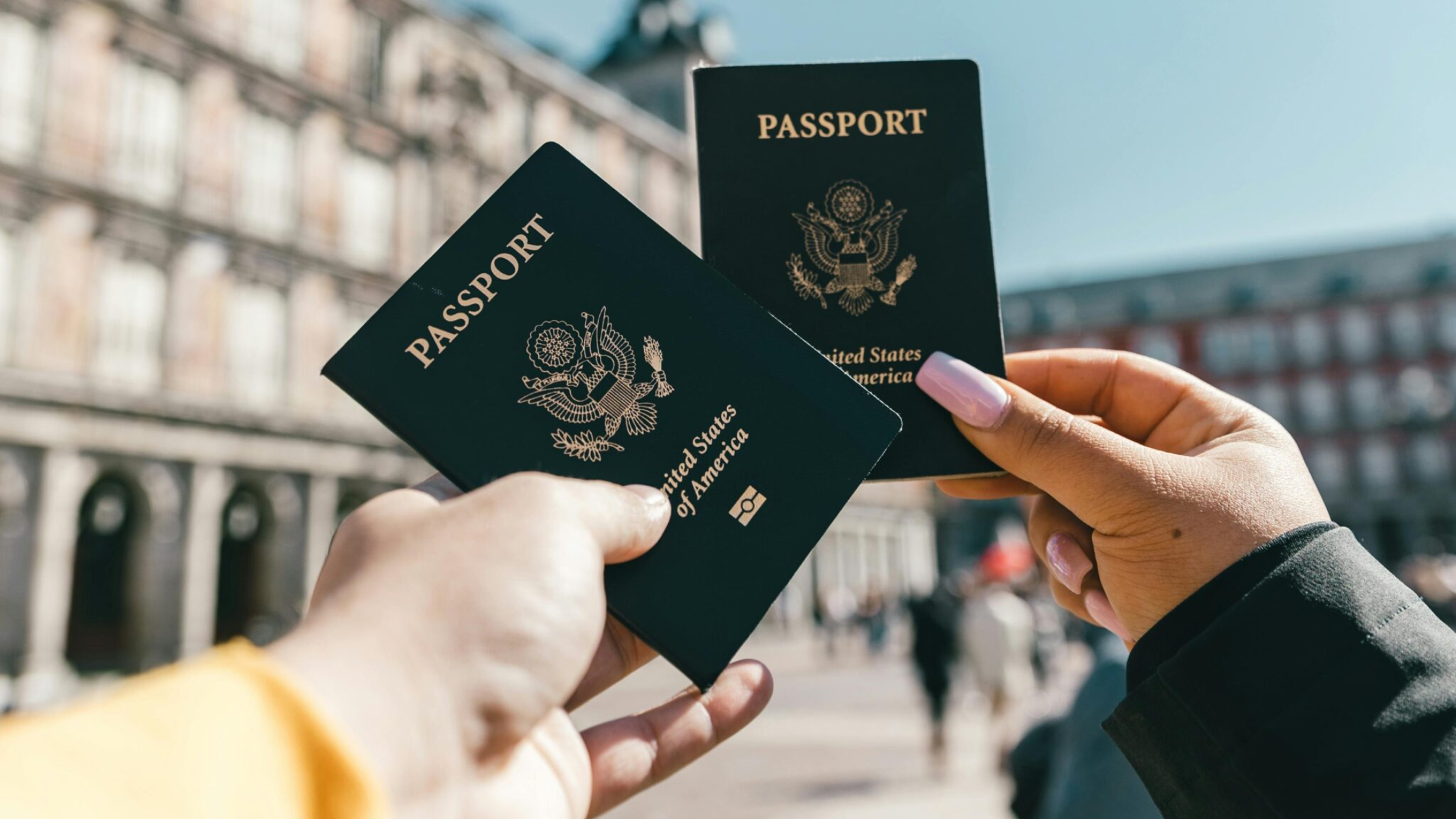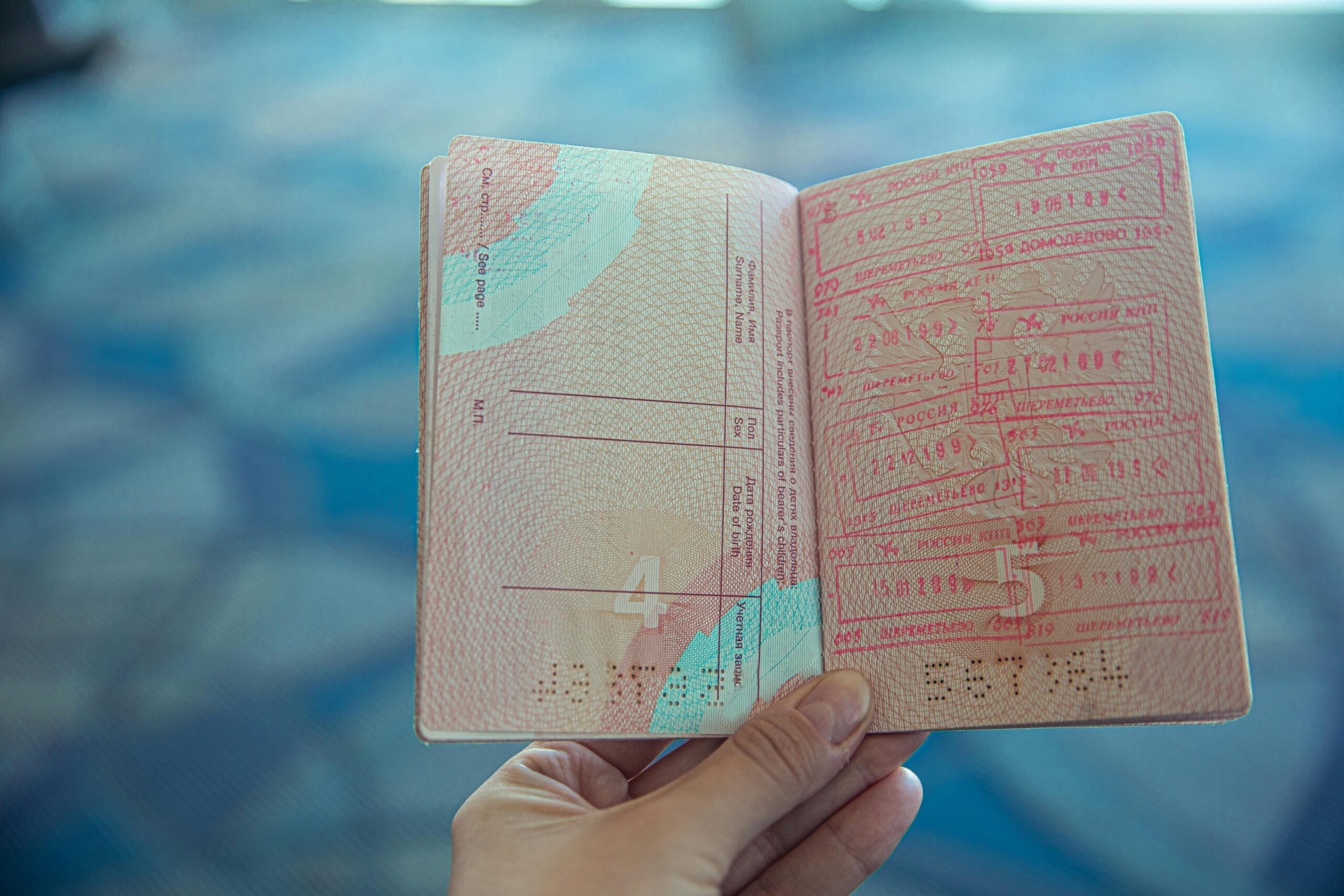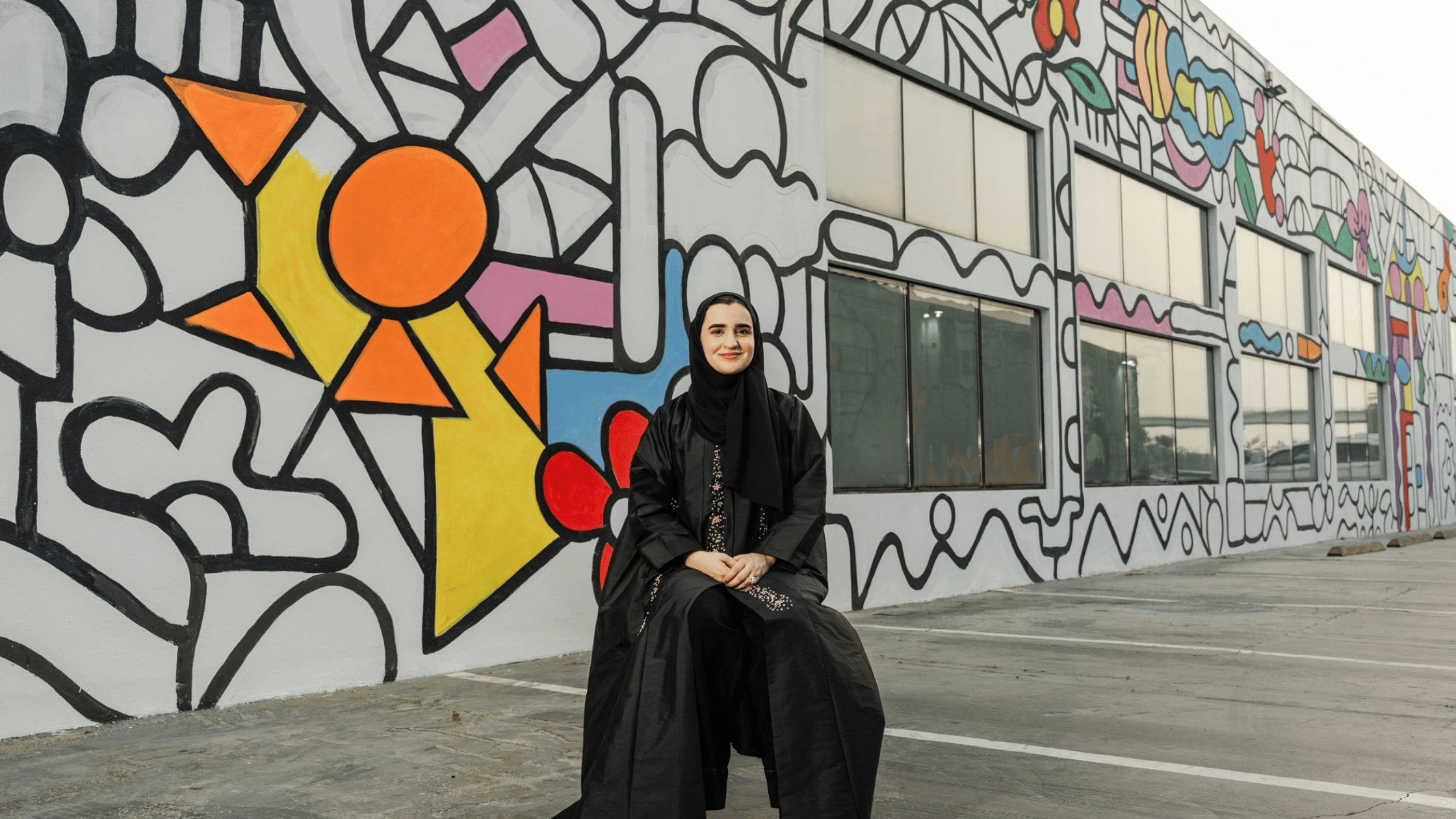Guide to Holding Dual Citizenship in UAE: Simple Tips

Holding a second passport while residing in the vibrant, cosmopolitan hub of the United Arab Emirates (UAE) is an attractive option for many expatriates, investors, and professionals. With the UAE’s evolving citizenship policies, particularly in cities like Dubai and Abu Dhabi, dual citizenship is now a possibility for select individuals. However, navigating the legal, financial, and administrative complexities of maintaining multiple nationalities requires careful planning and compliance with both UAE regulations and those of your country of origin.
Understanding the UAE’s Dual Citizenship Policy

In a significant shift from its historical stance, the UAE amended its citizenship laws in 2021 to allow certain individuals to hold dual citizenship. This policy change, announced by the UAE government, targets investors, professionals, scientists, and individuals with exceptional talents, enabling them to acquire UAE citizenship without renouncing their original nationality. According to the UAE’s official government portal (u.ae), this initiative aims to attract global talent and foster economic growth, particularly in emirates like Dubai, known for its business-friendly environment, and Abu Dhabi, a hub for cultural and governmental institutions.
However, while the UAE permits dual citizenship for eligible individuals, compliance with associated regulations is critical. For example, those granted citizenship through nomination—often for contributions in fields like medicine, engineering, or the arts—must adhere to specific residency and legal requirements. Golden Visa holders, who enjoy long-term residency (up to 10 years), may also explore citizenship options in other countries but must ensure their UAE residency status remains active.
Check Your Country of Origin’s Laws

Before pursuing a second passport, it’s essential to verify the citizenship laws of your home country. Some nations have strict policies regarding dual citizenship, and acquiring a new nationality could have significant consequences. For instance:
- Countries that prohibit dual citizenship: Nations like India, China, and Singapore do not permit dual citizenship. Acquiring UAE citizenship or another nationality may result in the automatic loss of your original citizenship. For example, India’s Citizenship Act of 1955 mandates that acquiring another passport leads to the cancellation of Indian citizenship.
- Countries that allow dual citizenship: The United States, Canada, the United Kingdom, Australia, and most European Union countries generally permit dual or multiple citizenships, though some require you to notify authorities or register your second passport. For instance, the UK allows dual citizenship without restrictions, but you must comply with immigration and tax regulations.
To confirm your home country’s stance, consult its embassy in the UAE (e.g., the US Embassy in Abu Dhabi or the Indian Consulate in Dubai) or official government websites. Failing to understand these rules could lead to unintended loss of citizenship or legal complications.
Comply with Residency and Visa Requirements

Maintaining dual citizenship while living in the UAE, particularly in cities like Dubai or Sharjah, requires adherence to residency and visa regulations in both the UAE and your second country. Key considerations include:
- UAE Residency: If you’re a Golden Visa holder or a non-citizen resident, you must renew your residency permit regularly and meet conditions such as employment, investment, or property ownership. The General Directorate of Residency and Foreigners Affairs (GDRFA) in Dubai emphasizes that maintaining legal residency status is crucial to avoid penalties or deportation.
- Second Country Requirements: Some countries impose physical presence requirements to retain citizenship or residency. For example, Canada may revoke permanent residency if you fail to reside in the country for at least 730 days within a five-year period. Ensure you understand these obligations to avoid jeopardizing your status.
Regularly check the UAE’s Federal Authority for Identity and Citizenship (ICA) website or consult a legal expert in Dubai to stay updated on residency rules.
Navigate Tax Implications

Dual citizenship can introduce complex tax obligations, particularly for residents of tax-free jurisdictions like the UAE. While the UAE does not impose personal income tax, your second country of citizenship may require you to report global income. For example:
- United States: US citizens, including those living in Dubai or Abu Dhabi, must file annual tax returns with the Internal Revenue Service (IRS) and report worldwide income, including investments and rental income. The Foreign Account Tax Compliance Act (FATCA) also mandates reporting foreign bank accounts.
- Other Countries: Countries like the UK and Australia may tax residents on global income, though double taxation agreements (DTAs) between the UAE and over 100 countries can mitigate dual taxation. For instance, the UAE-UK DTA ensures income is not taxed twice.
To avoid unexpected liabilities, consult an international tax advisor familiar with UAE laws and those of your second country. Firms in Dubai, such as PwC Middle East, offer specialized services for expatriates navigating dual taxation.
Maintain Meticulous Records
Proper documentation is your safety net when managing dual citizenship. Keep organized records of:
- Travel History: Note which passport you use for entry and exit from the UAE and other countries. For example, entering the UAE on your UAE passport (if applicable) and your home country on your original passport can simplify immigration processes.
- Financial Transactions: Retain records of investments, property purchases, or bank accounts linked to your residency or citizenship status.
- Government Correspondence: Store all documents related to visa renewals, citizenship applications, or tax filings.
These records can be invaluable during audits or legal inquiries. Use secure digital tools like cloud storage or consult a legal firm in Dubai to manage sensitive documents.
Avoid Citizenship Scams
The growing popularity of second passports has led to an increase in fraudulent schemes, particularly in the UAE’s thriving expat community. Beware of offers promising “fast-track” citizenship through unofficial channels. Legitimate pathways, such as the UAE’s citizenship-by-nomination program or citizenship-by-investment programs in countries like Malta or St. Kitts and Nevis, require thorough vetting and legal documentation.
To verify authenticity, work with reputable immigration consultants in Dubai or Abu Dhabi, such as Fragomen or Hadley & McGraw, and cross-check programs through official government websites. Avoid deals that seem “too good to be true,” as they often lead to financial loss or legal trouble.
Additional Considerations for Dual Citizens in the UAE
- Passport Usage: When traveling, use the appropriate passport based on your destination. For instance, UAE citizens entering the UAE should use their UAE passport to comply with local regulations.
- Legal Advice: Engage a lawyer specializing in UAE immigration law, particularly if you’re based in Dubai or Abu Dhabi, to ensure compliance with both countries’ regulations.
- Cultural Integration: Dual citizenship offers unique opportunities to engage with the UAE’s diverse society. Participate in local events in Dubai, such as Expo City initiatives, or Abu Dhabi’s cultural festivals, to strengthen your connection to the UAE.
Holding a second passport while living in the UAE, whether in the bustling metropolis of Dubai or the cultural capital of Abu Dhabi, is increasingly viable thanks to progressive citizenship policies. However, it demands diligence in understanding legal, tax, and residency obligations. By staying informed, maintaining meticulous records, and seeking professional advice, you can enjoy the benefits of dual citizenship without risking legal or financial complications. For personalized guidance, consult trusted immigration and tax professionals in the UAE to secure your dual-national lifestyle.







